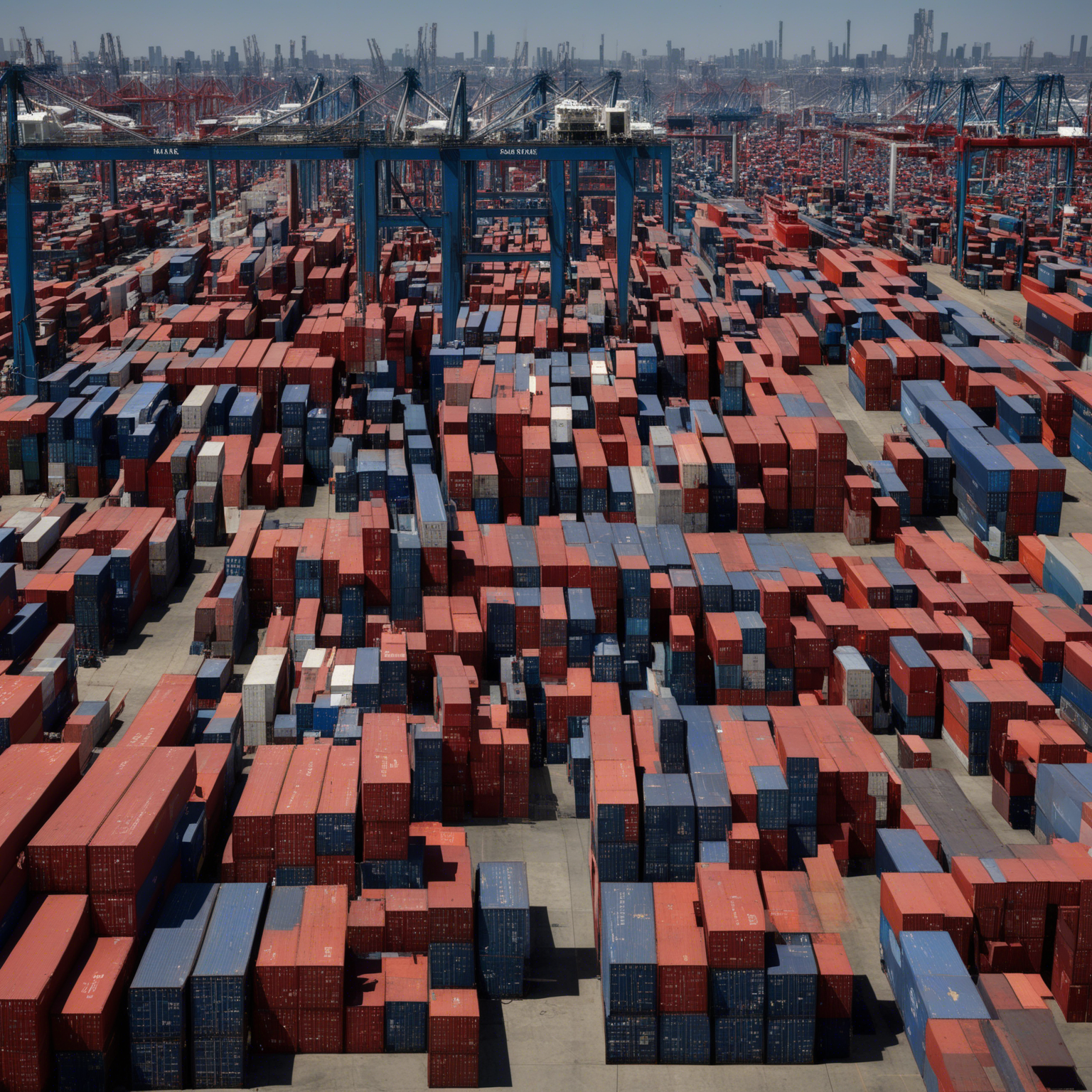
Enquanto o Congresso debate mais uma Resolução Contínua para financiar às pressas o governo federal por alguns meses, a Câmara aprovou ontem uma resolução que reúne vários projetos de lei.

28 DE FEV DE 2025 | A promessa do presidente Donald Trump de promulgar tarifas abrangentes de 25% sobre importações do Canadá e do México começa nesta terça-feira, 4 de março. Embora a equipe de Trump tenha usado...

Washington, DC – No fim de semana, o presidente Trump anunciou tarifas de 25% a serem aplicadas a produtos vindos do Canadá e do México a partir de 4 de fevereiro. Tarifas semelhantes seriam aplicadas a importações chinesas de apenas 10%...

WASHINGTON, DC – À medida que o próximo Congresso toma forma após a vitória eleitoral do presidente Trump e o controle republicano do Senado e da Câmara está sendo consolidado, é provável que...